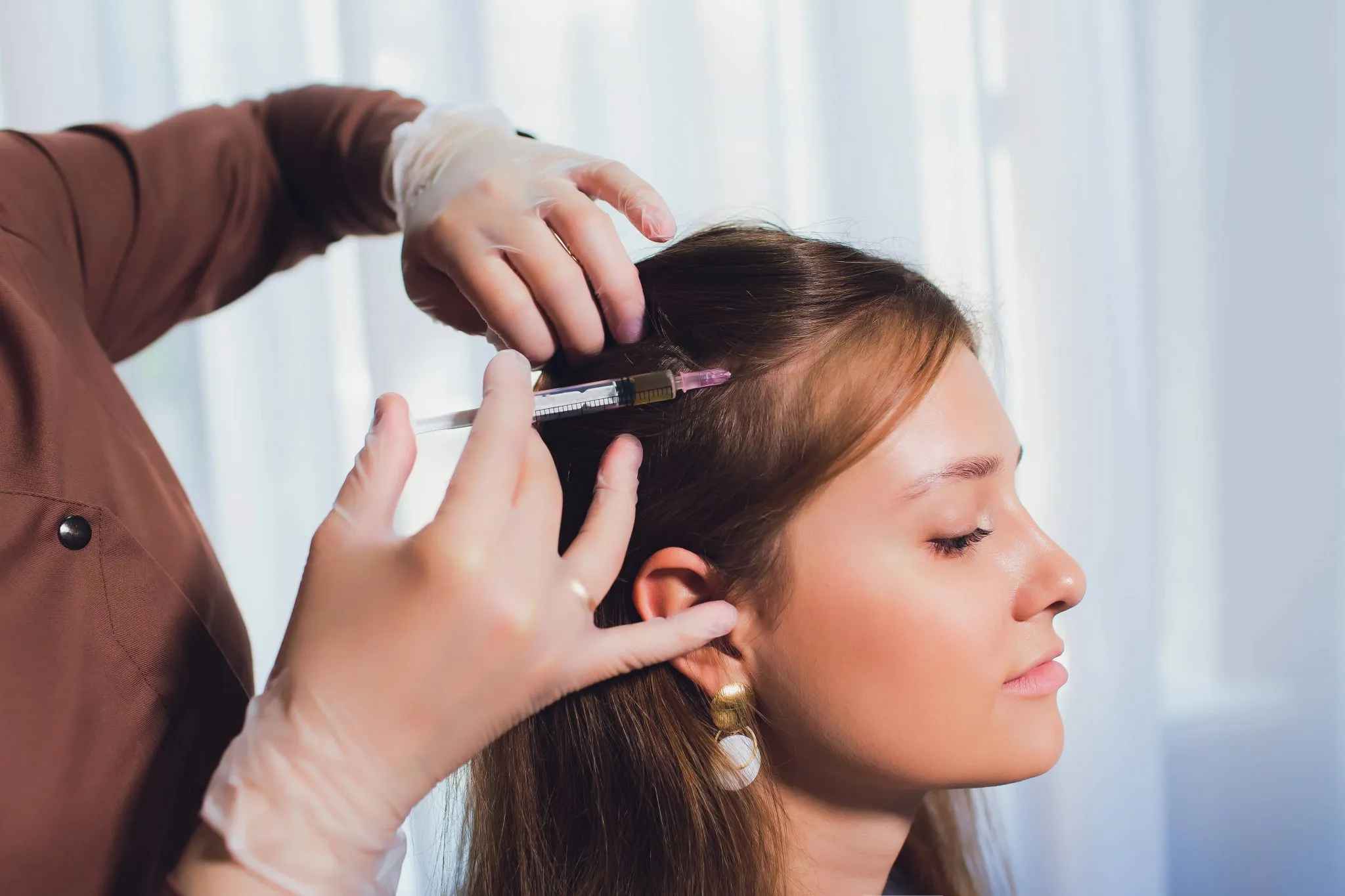We’re Going to Look at Three
Human beings have a lot of health issues, females tend to have a lot more things to think about than men, though. Covering everything requires encyclopedic volumes of information, so here we’re just going to look at three things very common to most women at some point in life.
1. Conception and Other Reproductive Health Issues
Age, stress, lifestyle choices, illness, and congenital issues genetically inherent to your body could impact conception or reproduction. Screenings through a gynecologist can be helpful in alerting you to common issues you might encounter. That said, if you’re in good health, and you’ve got a strong family history, you might not have much to worry about.
Even so, it’s good to have some sort of health professional in this area that you feel comfortable with who you can consult if you’re thinking about becoming a mom.
2. Surprising Lactation Issues
A baby can be born with a tooth, imagine nursing him for two years. Many mothers deal with sore paps when nursing. Nipples do toughen over time, but that doesn’t reduce associated discomfort. That’s the most common issue new moms face with breastfeeding. However, there are some unexpected issues like a clogged milk duct that can lead to complications.
Mastitis may have its root a clogged milk duct. Also, expression issues may develop based on emotional state, nutrition, or other factors, and sometimes it’s hard to get the hang of “latching” as your baby learns to nurse.
Certainly, some women have no issues breastfeeding, but life is fraught with novelty. Sometimes breastmilk comes out tinged pink owing to small quantities of blood; sometimes it’ll come out blue or green. Such coloration can be a sign of an issue you want to have examined by a professional.
3. Postpartum Depression
Imagine being on a roller coaster, only you’re just in your body, and the roller coaster is a variety of emotions that come and go in waves.
Hormones are triggered by a variety of internal and external factors during pregnancy, and these contribute to hormonal shift. When your baby is finally born, that’s yet another shift. This can contribute to postpartum depression.
It’s generally a good idea for you to know women’s health professionals who can help you deal with postpartum depression. Hopefully you don’t need the help, but having an option you can trust readily available is always a good idea.
Thinking Things Out in Advance
Postpartum depression, lactation issues, conception difficulty, and general reproductive health represent obstacles you’re likely to experience at some point in your life. You might as well know a few women’s health professionals you can consult should you need them.
Ultimately, you want to put together a personal support network of friends, family, spouses, and healthcare professionals over time. Think of it as a sort of safety net. Hopefully the gymnastic maneuvers are flawless, but if something goes wrong, you can land.



